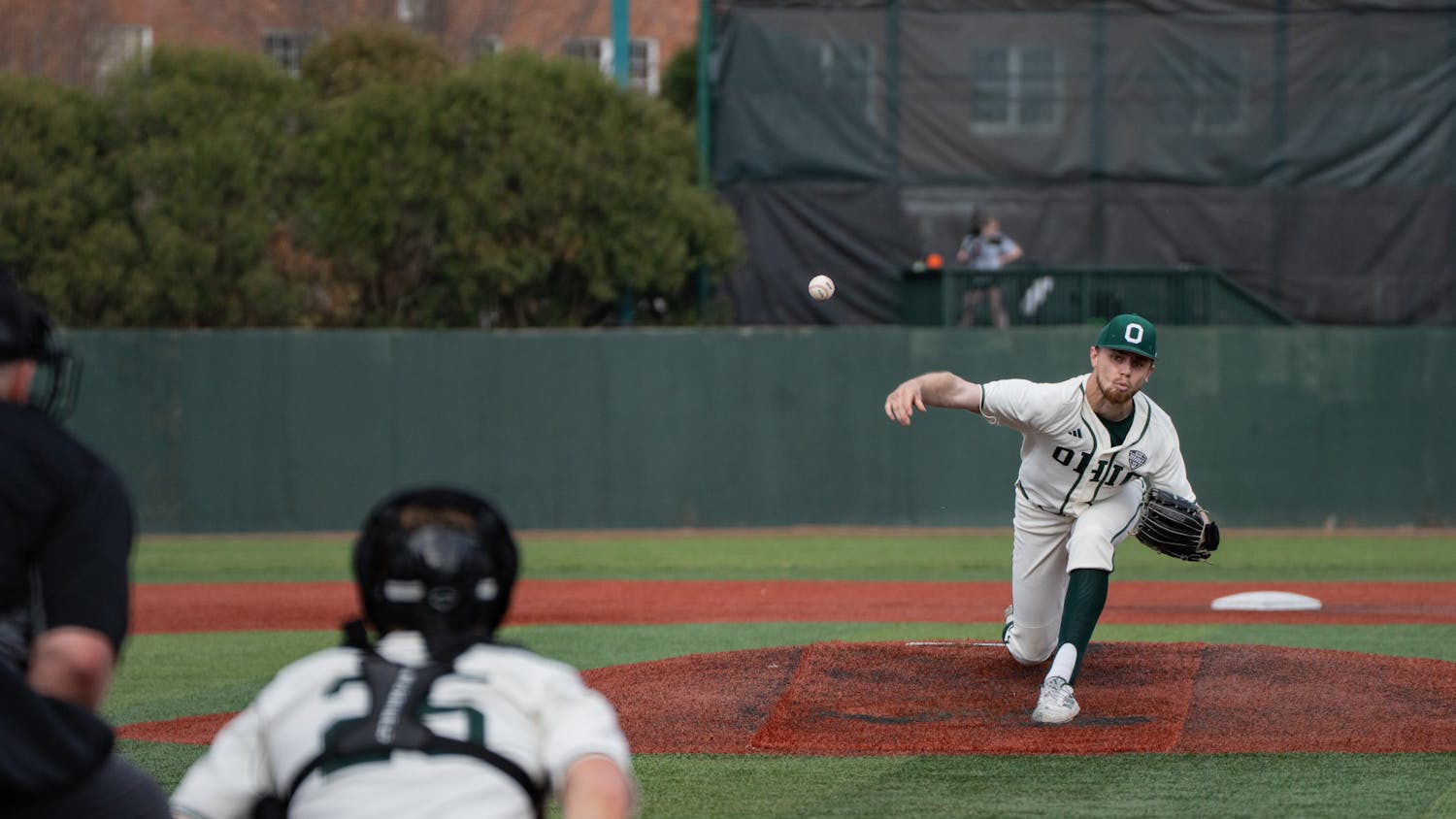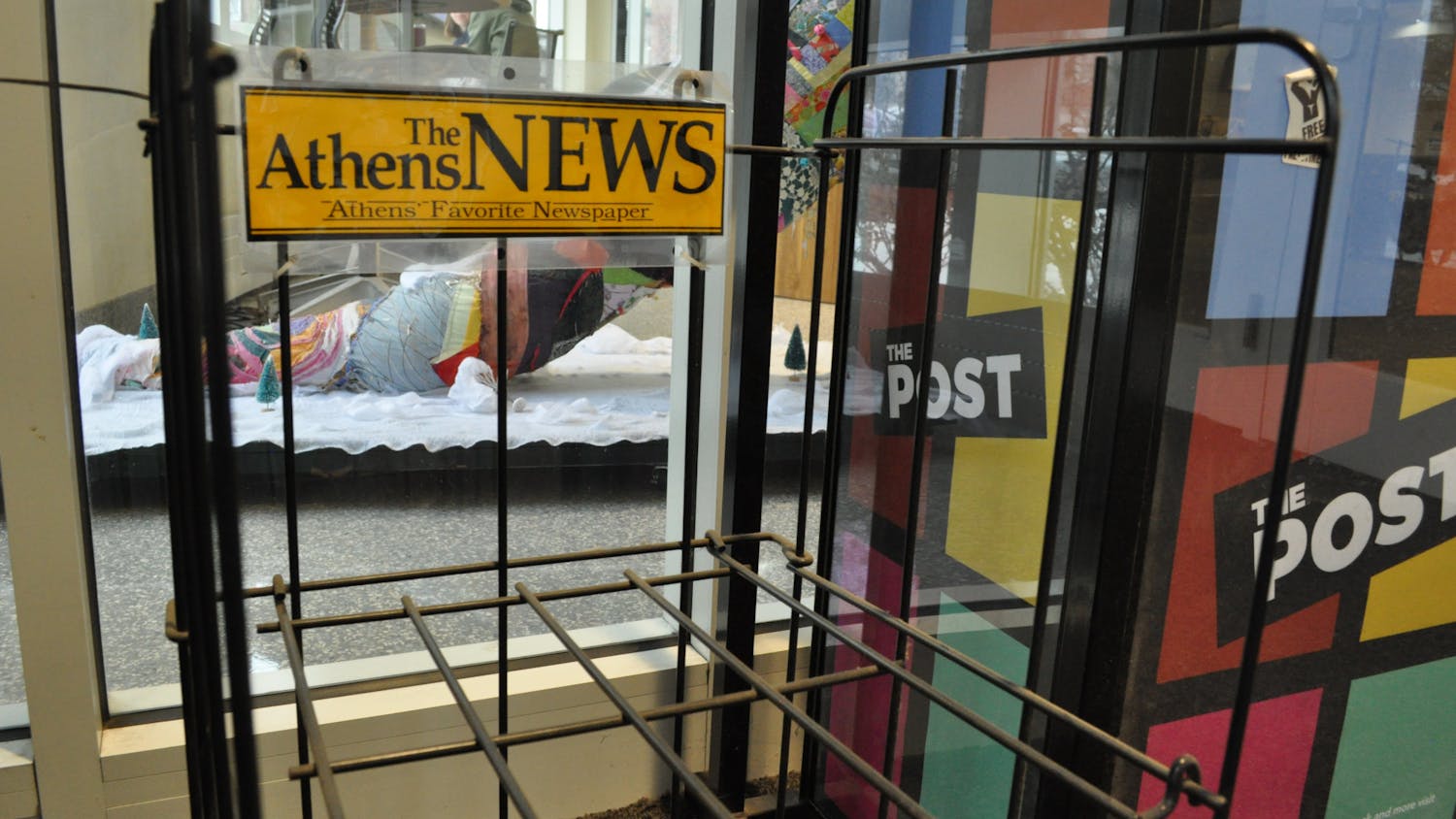Dr. Kevin Mattson, a professor of history at Ohio University, created a new course called The History of Now, which places current events in a historical context.
The new course will focus on events after 1989, highlighting significant events and issues such as the LA riots, 9/11, Hurricane Katrina, Black Lives Matter, Trumpism and the coronavirus pandemic.
Mattson said the structure of the class will shift as the events get closer to present-day.
“The first part of the course is more traditional than the later part,” Mattson said. “We start in 1989 and the pronouncement of the ‘end of history.’ Once we reach the last presidential election, students will be more in charge of the class – identifying, through reads of trustworthy media outlets, what events that recently occurred are historic.”
Mattson’s desire to create the course was prompted by his belief in the integration of historical events into modern-day discussion.
“I’ve always been a believer that historical studies can inform our understanding of our contemporary society, so I wanted to create a course where that became more explicit,” Mattson said. “I also wanted to challenge students to get historical perspective, where they tease out what’s important from the past and what’s not.”
Alongside this, Mattson’s intention for the course was also to challenge student’s consumption of information, particularly in regard to modern technology.
“In our day and age of instant information and 24/7 news, information is flung around without any understanding of its significance,” Mattson said. “This course tries to allow students to step back and out of their fast-paced world and think about the larger context behind flashpoint information.”
Kirsten Dilger, a senior studying history, is currently a student in the History of Now course. Dilger, who is also the president of the OU History Association, said the course relies heavily on its discussion component, where the students can apply the historical topics to the present day.
“[The course] covers from the late 1980s, specifically Clinton and George Bush Sr. up until January of this year,” Dilger said. “So, we’re reading primary sources from then. Most recently, we read articles from The Washington Post and The New York Times about the Clinton impeachment and we discussed in class how it impacts us and the similarities it had to the Trump impeachment and just putting it into the context of the present.”
James J. Fisher, a third-year Ph.D. student with research in popular culture and politics, is the president of the History Graduate Student Association at OU. Fischer said the concept of the course is unique for students who have felt that other historical topics are redundant.
“I do think that this is a great way to go about a history course because students don't always want to know the same thing that they always get told,” Fischer said. “A lot of the students that I've had, they've heard a lot about the American Revolution, or they've heard a lot about World War II, and that's not necessarily their interest. Especially when it comes to this course dealing with post-1989, this is within these students' lifetime.”
For Dilger, her enjoyment comes from the course’s interactive characteristics, which enable students to share their own experiences and contribute them to the historical discussions.
“I think there's a lot of creativity involved in it, because you are reading and coming up with your own ideas,” Dilger said. “I would consider it very interactive compared to other courses, especially because you're focusing on the history now. So you're using your own experiences as well, to come up with how it impacts you. I think that's a thing that even people who aren’t in history would be interested in with this course.”
Within the course’s distinct structure, Mattson believes the format will benefit students in the way they perceive the world.
“[It’s about] how to use history to understand our current world,” Mattson said. “Students can hopefully get a good perspective on our immediate past that can help them figure out what’s happening today and how to read and listen to the news critically with some perspective.”






